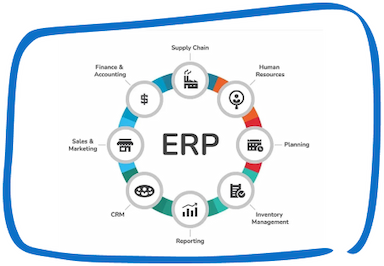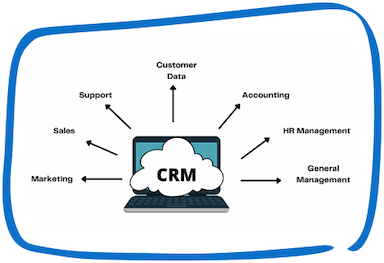Real estate investment is a preferred option for investors aiming to increase their wealth and create passive income. Rental property investments are among the most common types of real estate investments. However, assessing a rental property investment can be a challenging process. Because it requires a deep understanding of the market, property valuation, and the investment’s financials. To learn about the fundamental elements that can assist you in analyzing your investment, you can also use property management software.
In this Blog, We’ll discuss the core aspects to consider when assessing a rental property investment. As part of our discussion, we’ll also look at how Elate Property Management Software can support your rental property investment.
Location
One of the main factors to consider is the rental property’s location. The location has a great impact on property valuations, rental income, and vacancy rates. It is essential to evaluate the area’s accessibility to transportation, schools, retail stores, and other features that increase the property’s attraction to potential tenants. Researching the local housing market can also provide insights into the demand for rental properties in the area and the potential rental income that it can generate.
Property Condition
Another key aspect to consider when assessing a rental property investment is the property’s condition. A well-maintained property will be more likely to draw in tenants, have lower vacancy rates, and have a higher value.
It is crucial to perform a complete inspection of the property, paying attention to the structural integrity, plumbing, electrical, and HVAC systems. A professional evaluation offers an overview of the property and spots potential problems that might need repairing or remodeling.
Rental Income
An important aspect to think about when assessing an investment in rental property is the rental income the property generates. Evaluate local market rental rates and compare them with the projected rental income that it can produce. Assessing the rental income might disclose details about the property’s potential cash flow and return on investment.
It is also important to consider the possibility of rental income increases over time. For example, higher rental rates and improvements could raise the value of the property.
Expenses
While analyzing a rental property investment, it’s also important to consider the costs related to the property. Analyzing the operational costs, such as real estate taxes, insurance, repair, maintenance, and management fees, is necessary. Analyzing the costs can give information about the investment’s earning return and point out areas where cost savings might be possible.
Financing
While assessing a rental property investment, financing is an important issue to factor in. It is crucial to check out the available financing options and choose the financing that best fits the investment objectives and budget limit. Understanding the finance will help you better understand the property’s probable cash flow and return on investment. It is also essential to consider how interest rates and mortgage payments affect the investment’s profitability.
Return on Investment and Cash Flow
When assessing an investment in rental property, it’s important to think about cash flow and return on investment. A cash flow analysis can shed new light on the investment’s profitability and point out potential areas for improvement.
Return on investment can provide insight into the investment’s appropriate long-term advantages and help in deciding whether it is a great option considering the investor’s financial objectives.
How Elate Property Management Software assists with rental property investment
These are some examples of how Elate property management software might assist with rental property investment:
Many time-consuming tasks involved in maintaining rental properties, such as rent collection, lease renewals, maintenance requests, and accounting, can be automated with property management software. Investors in a rental property can save time this way and concentrate on other areas of their investing strategy.
Communication between landlords and tenants can be facilitated by real estate software. For instance, tenants can use the software to make online rent payments and maintenance requests. To keep tenants informed and up to date, investors can also employ the software to send messages and notifications to them.
Rental property investors can more efficiently evaluate potential tenants with the help of Real Estate Software. It comes with tools for conducting eviction reports, background checks, and credit checks. It can assist owners in selecting tenants who are more likely to maintain the property and pay their rent on time.
Real Estate Software can provide rental property investors with real-time financial information, including rent payments, expenses, and cash flow. Investors can use this to track the performance of their investments and make better decisions about their properties.
Investors in rental properties can maintain compliance with local laws and regulations with the help of Real Estate software. Tracking lease agreements, security deposits, and other legal requirements is a common aspect of software solutions.
Wrapping Up
A detailed understanding of the market, the value of the property, and the investment’s financials are necessary to evaluate a rental property investment. Investors can make informed decisions regarding buying rental properties by considering the above factors. Such as location, property condition, rental revenue, expenses, financing, cash flow, and return on investment.
The key to future profits is choosing the right property to invest in. Therefore, carefully evaluating a potential rental property investment is necessary. Your rental business will get off to a great start if you have the right information on what to look for in a property and where to invest. As a result, you increase your chance of finding a purchase that will perform well and generate quick returns.
Speak with Our Team!
4.9 Stars
1k+ reviews on






